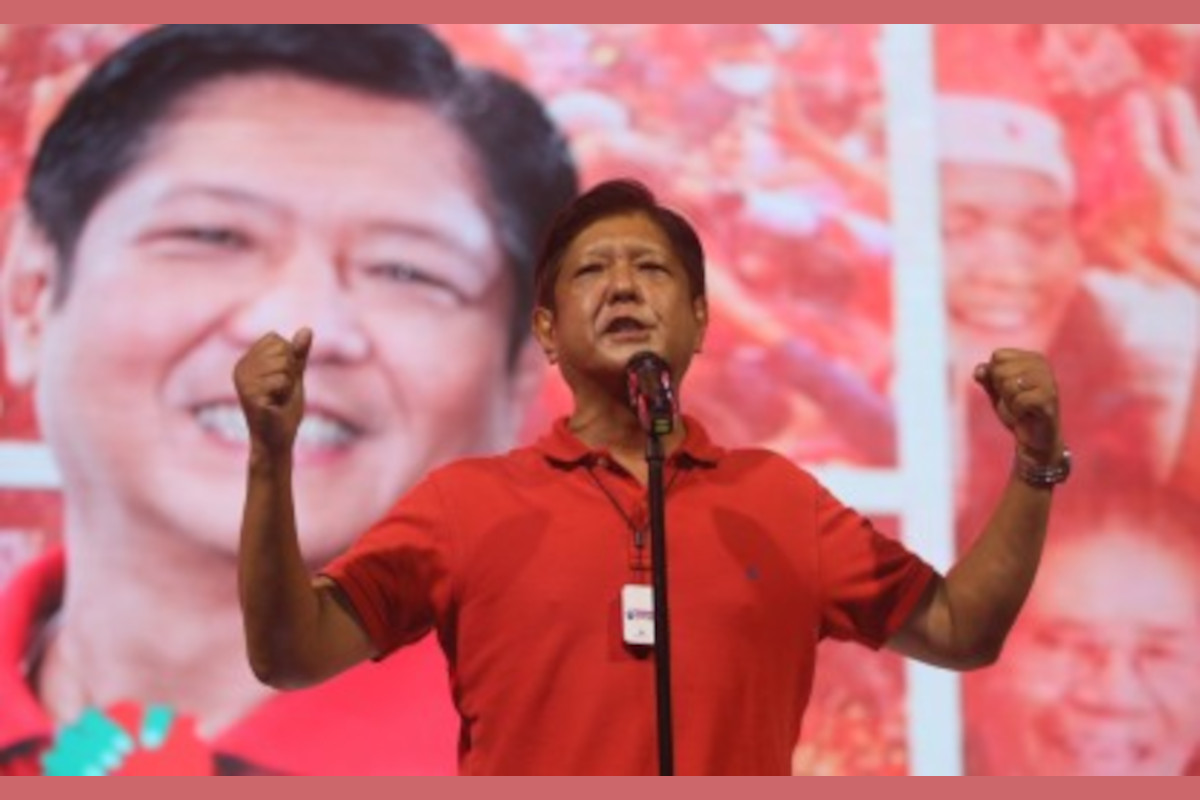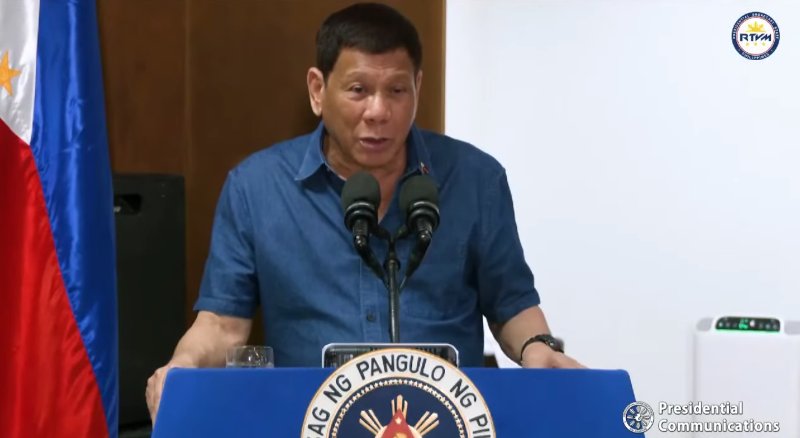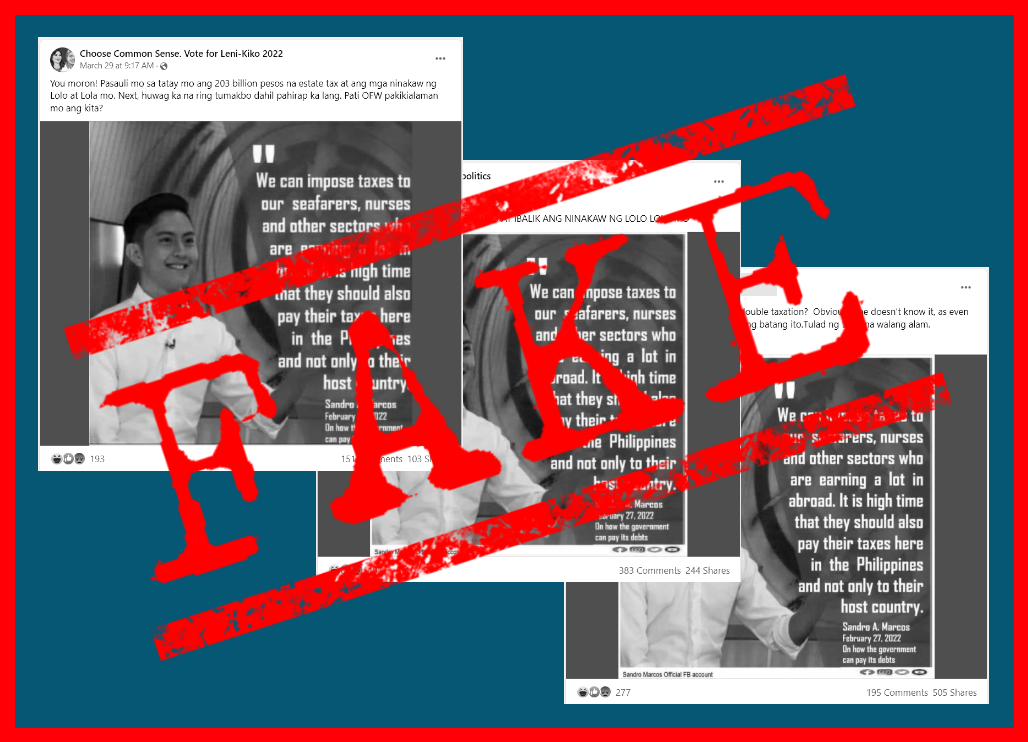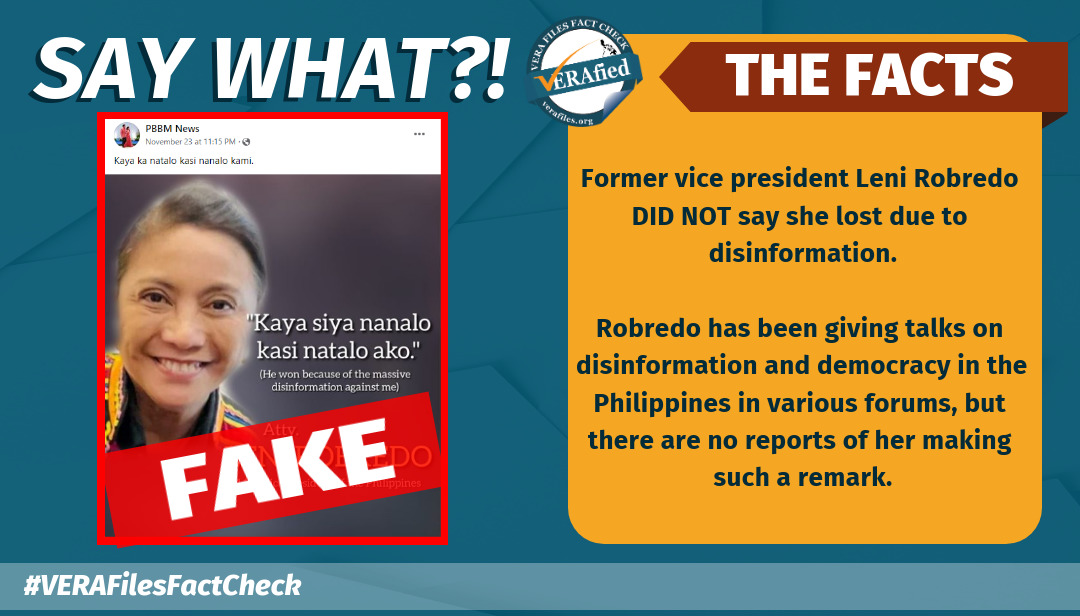Although Congress has yet to begin the official canvassing of votes for president and vice president on May 24, the unofficial count has shown clearly that Ferdinand “Bongbong” Marcos Jr. will be the country’s 17th president with an overwhelming lead of more than 16 million votes over his closest rival, outgoing Vice President Maria Leonor “Leni” Robredo.
Two days after the election, Marcos Jr. already named his vice presidential running mate, outgoing Davao City Mayor Sara Duterte-Carpio, as the first member of his prospective Cabinet. Duterte-Carpio is way ahead with more than 22 million votes over her closest rival in the vice presidential race.
Marcos Jr. said Duterte-Carpio will be the “first nominee,” as secretary of Education, that he will be “giving to the Commission on Appointments when the time comes should [he] be proclaimed.”
The incoming president may have been too excited to tell the public he was giving his running mate an important position in his administration, and he did so without first finding out the appointment process.
Section 3, Article VII of the 1987 Constitution provides: “The Vice President may be appointed as a member of the Cabinet. Such appointment requires no confirmation.”
In short, the vice president is exempted from the scrutiny of the bicameral Commission on Appointments when appointed to a Cabinet position. The presumptive president, who was once a congressman and a senator whose primary job involves the crafting of laws, may have to take a quick refresher course on legal and constitutional provisions that would be useful when he assumes the presidency.
Much is expected from Marcos Jr., given such an overwhelming mandate of 31 million votes, nearly double that of Robredo. To whom much is given, much is required, according to a biblical phrase which has been translated into an idiom that says, “With great power comes great responsibility.”
The work ahead for Marcos Jr. is enormous. He may no longer have the luxury of time to party if he keeps his word of hitting the ground running. He needs competent and hardworking staff and Cabinet officials to ease the burden of the presidency.
In his campaign speeches, he gave the impression that unity can solve any and all problems that we face. Now, he has the time to explain in detail his formula for unity.
Because he avoided most of the substantial public debates and media interviews during the campaign period, Marcos Jr. needs to go beyond his general call for unity and flesh out his program of government involving primarily economic recovery and rising from the COVID-19 pandemic.
Does he intend to extend a conciliatory hand to those who campaigned against him, including those who supported his rivals, particularly the supporters of Robredo who promised to transform her Angat Buhay campaign movement into a nongovernmental organization that will provide social services to those in the fringes of society?
How does he intend to manage the country’s P13-trillion debt, incurred mostly for the Duterte administration’s pandemic response?
How will he entice investors given the unpleasant forecasts that the return of a Marcos to Malacañang would spell disaster for the Philippine economy? How will he address corruption in the face of allegations that his family was involved in massive corruption during the presidency of his father?
When he assumes the presidency, Marcos Jr. and his spokesperson cannot simply turn away or completely ignore questions that demand transparency and accountability.
Suspicions of cheating in the election process will continue to hound him unless the Commission on Elections can fully explain some issues raised in the conduct of the May 9 polls, such as at least 1,800 incidents of malfunctioning vote counting machines that forced voters to resort to manual voting, the delays in transporting replacement SD cards, and the speedy transmission of the bulk of election returns even while thousands of registered voters were still waiting in line in voting precincts to feed their ballots to the counting machines.
Marcos Jr.’s huge lead over his rivals requires him to work harder and be more magnanimous.
The views in this column are those of the author and do not necessarily reflect the views of VERA Files.
This column also appeared in The Manila Times.





